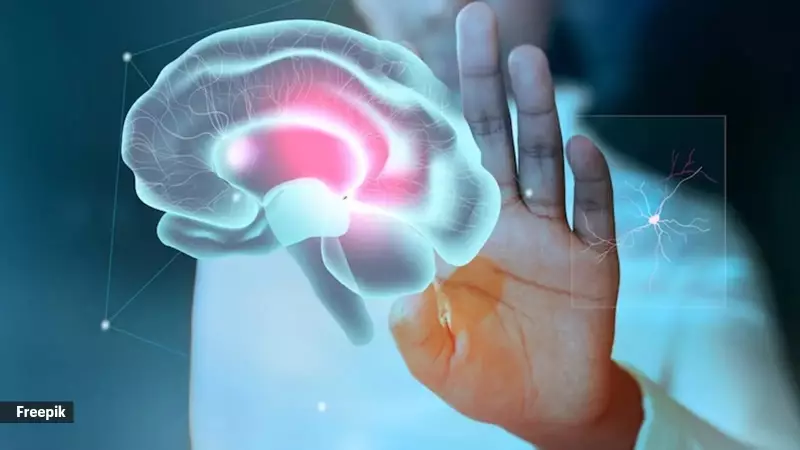
Zomato founder Deepinder Goyal recently sparked widespread online discussion by sharing his research foundation's findings on longevity, which leaned heavily on the controversial Gravity Ageing Hypothesis. This theory suggests that gravity's constant pull on blood circulation in the brain causes it to work harder, ultimately wearing it out faster over time.
The Gravity Theory Versus Brain Reality
The Gravity Ageing Hypothesis proposes that because gravity continuously pulls blood downward, the brain must exert extra effort to maintain healthy circulation. Over decades, this strain is believed to contribute to brain cell ageing, similar to mechanical wear and tear. The theory further suggests that humans, being upright creatures, face more gravitational pressure than four-legged animals, making us more susceptible to age-related brain changes.
However, Dr Vinit Suri, senior neurologist at Indraprastha Apollo Hospitals, Delhi, firmly challenges this oversimplification. "Every now and then, a fresh theory about why humans age captures public attention. One of the latest is the so-called Gravity Ageing Hypothesis," Dr Suri notes. "But as someone who studies how the brain works and what affects it, I can say that this idea oversimplifies a very complex system."
How Your Brain Actually Manages Blood Flow
Contrary to the hypothesis's assumptions, the human brain possesses an extraordinary ability called autoregulation. This process enables the brain to independently regulate its blood supply, ensuring consistent flow regardless of posture changes, physical activity, or rest periods. The brain's blood vessels dynamically adjust their width to maintain optimal circulation.
"If gravity were truly a major cause of brain ageing," Dr Suri explains, "we would expect people who spend their lives sitting or lying down due to illness to age more slowly. We do not see that happening." Scientific evidence confirms that ageing results from cellular changes, genetic factors, and environmental influences rather than gravitational pull on blood.
Astronaut Evidence and Real Ageing Factors
Space research provides compelling counterevidence to the gravity theory. Astronauts living in microgravity for extended periods don't experience slowed brain ageing. Instead, they often return with brain changes related to fluid shifts, including optic nerve swelling and structural alterations—all of which typically reverse upon returning to Earth's gravity.
Dr Suri emphasizes that brain ageing is primarily driven by inflammation, oxidative stress, genetic predisposition, and lifestyle factors. The neurologist stresses that proven methods for maintaining brain health include regular physical activity, adequate sleep, balanced nutrition, mental engagement, and social interaction—none of which involve escaping gravity.
Rather than focusing on unproven theories about gravity, Dr Suri recommends concentrating on factors within our control. "Our brain benefits from movement, learning, nutrition and meaningful relationships," he concludes. "These habits strengthen the brain's resilience, no matter our age."






